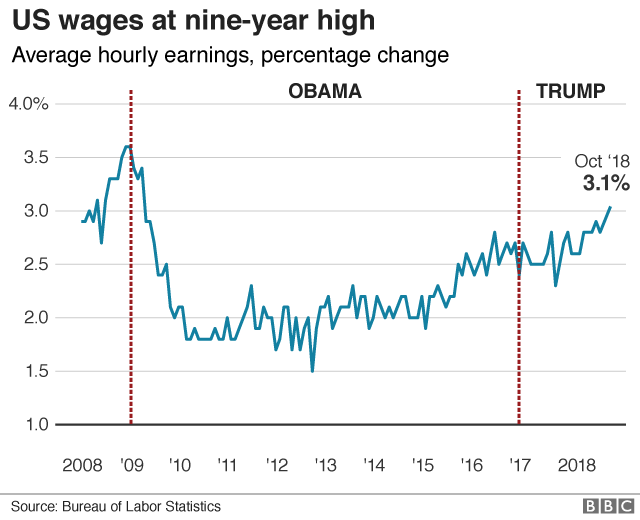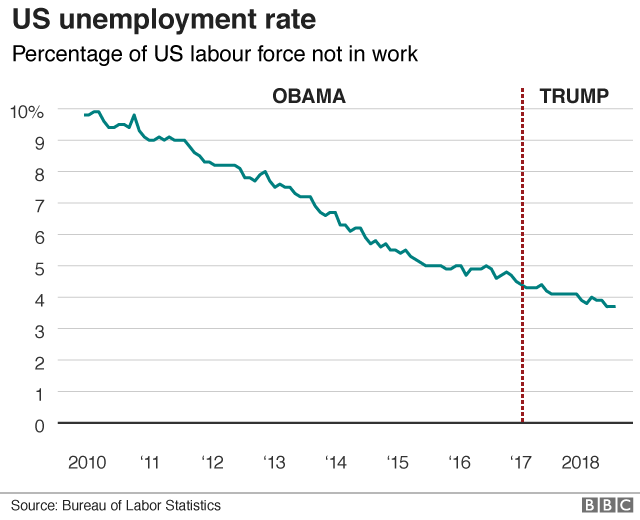- Feb 17, 2018
- 4,695
- 8,576
I know @Coralin96 is busy this month so I'll create this thread for anyone to share links/summaries of commercial awareness topics for October.
This one is from Legal Week: https://www.law.com/legal-week/2018...lummets-as-brexit-effect-begins-to-take-hold/ (paywall).
Key takeaways:
This one is from Legal Week: https://www.law.com/legal-week/2018...lummets-as-brexit-effect-begins-to-take-hold/ (paywall).
Key takeaways:
- According to Mergermarket, UK M&A fell by a third during the third quarter (Q3) of 2018.
- The volume of deals fell by 32% compared to Q2.
- The value of UK deals fell by 66% compared to Q2.
- Suspected reasons: Businesses holding off investments for Brexit/few desirable UK assets.
- It can't just be the UK though as global deal values fell by 40% compared to Q2.





